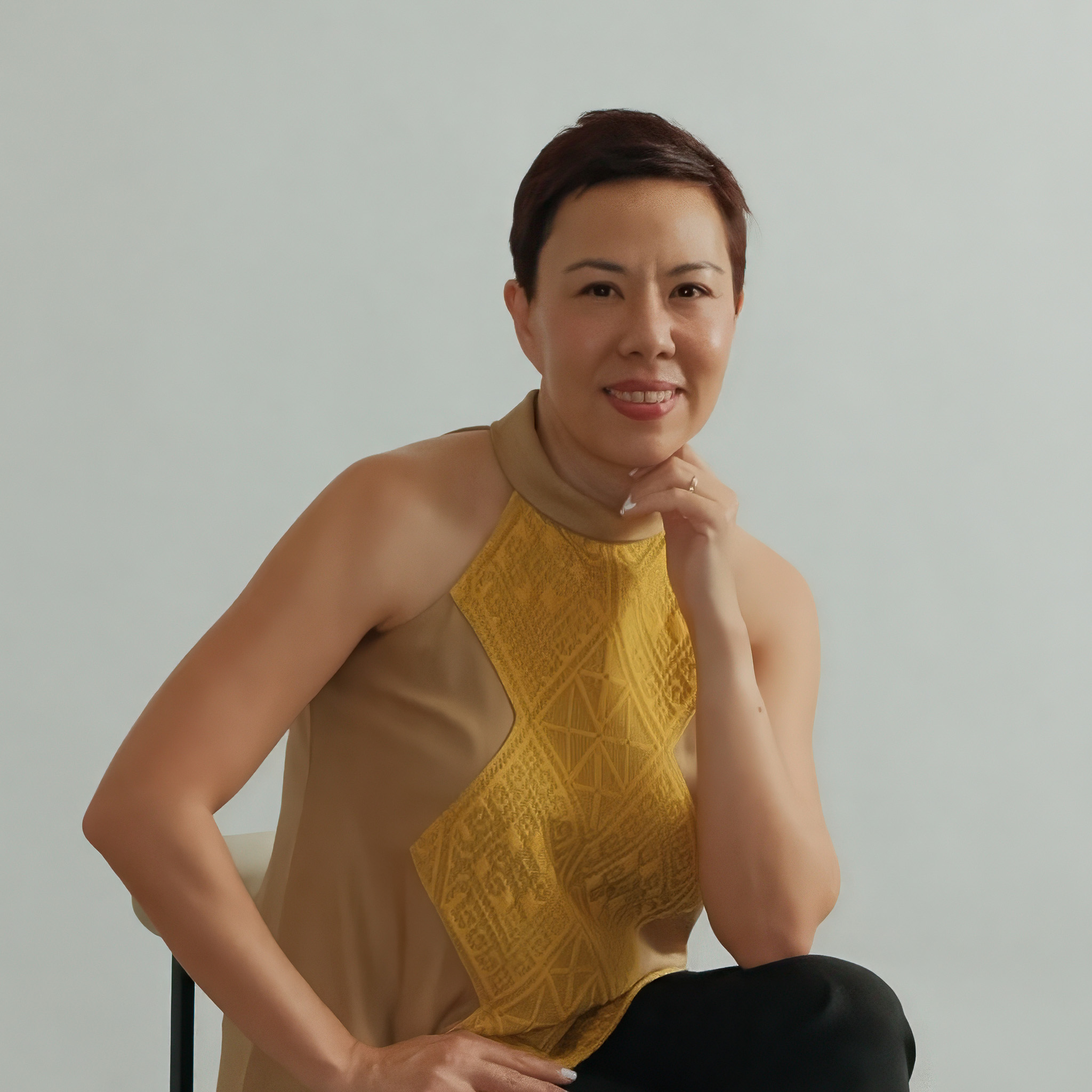Expert Insight: How women are shaping the future of responsible AI
A global competition is underway to spotlight and celebrate the remarkable contributions that women are making in the field of artificial intelligence for social impact.
A new global initiative saw the light of day earlier this year: She Shapes AI.
Founded by tech entrepreneur Dr Julia Stamm, the initiative – originally called Women Shaping the Future of Responsible AI (WSFR.AI) but recently rebranded – is ostensibly a competition whose key aim is to highlight the pioneering work of women around the world who are committed to developing and using AI responsibly and ethically for social impact.
- Listen – Good Leaders Podcast Episode 17: Julia Stamm and Olivia Gambelin, the women driving AI for good
But it also seeks to provide an alternative perspective on the role AI technologies can play in shaping our collective future, ensuring that empathy, care and ethics, as well as individual and collective agency, remain centre-stage.
With nominations now open until 20 November, Shauna Blackmon of She Shapes AI explores the work of two women whose work has made profoundly positive societal impact in the AI landscape – Gina Romero and Claudia Del Pozo, who both serve on the initiative’s Global Award Council.
Women, technology, and invisible labour
The gender gap in technology translates to the field of artificial intelligence, with women representing only 30% of the AI workforce, according to the 2023 Global Gender Gap Report.
The tech industry is too often perceived as a male-dominated space. And despite the industry’s array of female experts and leaders, their contributions simply don’t receive the same recognition as that of their male peers.
Despite the industry’s array of female experts and leaders, their contributions simply don’t receive the same recognition as that of their male peers
A common narrative surrounding women who provide work for positive societal impact is that it is their good-natured quality and character that urges them to do so. And oftentimes, this selfless trait is expected of women, regardless of whether they are young, single women with opportunities, or women with families, who may lack education, experience, or skills, whilst still needing to balance raising children with their career. Beyond the issue of proper funding, the mental load and domestic labour that are often placed on women, need to be factored in when addressing their prospects.
 This is what compelled Gina Romero (pictured left) to create a job-matching platform, Mettamatch, in 2017. Based in the Philippines, where many women have no education beyond a high school diploma, Gina realised that many women were sacrificing their family life to earn money by traveling abroad for work. Gina saw an opportunity in the ever increasing field of remote work to bring some of these jobs to women in her community, allowing them to contribute to their family income while also tending to their responsibilities in the home.
This is what compelled Gina Romero (pictured left) to create a job-matching platform, Mettamatch, in 2017. Based in the Philippines, where many women have no education beyond a high school diploma, Gina realised that many women were sacrificing their family life to earn money by traveling abroad for work. Gina saw an opportunity in the ever increasing field of remote work to bring some of these jobs to women in her community, allowing them to contribute to their family income while also tending to their responsibilities in the home.
Mettamatch says its mission is to “redefine the data services landscape, embracing social responsibility and advancing ethical AI”. Its large network of annotators are fairly compensated and treated with respect, in alignment with Fairwork standards. The organisation empowers women through entrepreneurship, freelancing and remote work, upskills and reskills women for the future of work, and aims to “ensure that no woman is left behind”. The emergence of this platform allows its women employees to care for their families, access valuable training, and benefit from a source of income. “It’s not just a job for these ladies,” says Gina. “It’s really a second chance they’ve been given.”
Inclusive and sustainable AI
Beyond supporting these women's livelihoods, Mettamatch advocates for diversity when it comes to the data that feeds AI. The need to diversify the sources which contribute to the training of technological tools is increasingly important as they progressively occupy space on a variety of societal levels.
The need to diversify the sources which contribute to the training of technological tools is increasingly important as they progressively occupy space on a variety of societal levels
The Berkeley Haas Center for Equity, Gender and Leadership analysed 133 AI systems from multiple industries and discovered that 44.2% of them held gender bias, and 25.7% displayed both gender and racial bias. With deep rooted systemic issues that still struggle to be addressed, “the core problem we face” – said the report – “is that technology, as it currently evolves, risks deepening existing inequalities rather than mitigating them”.
 This is what Claudia Del Pozo (pictured right), founder and director of the Eon Institute, has been addressing in her work. The Eon Institute is a women-led, Mexican think tank that aims to encourage the ethical and sustainable development and adoption of technology, bringing forward public policies to shape a more responsible and inclusive techno-social landscape. It was incubated in C Minds, a think tank Claudia helped develop in 2017.
This is what Claudia Del Pozo (pictured right), founder and director of the Eon Institute, has been addressing in her work. The Eon Institute is a women-led, Mexican think tank that aims to encourage the ethical and sustainable development and adoption of technology, bringing forward public policies to shape a more responsible and inclusive techno-social landscape. It was incubated in C Minds, a think tank Claudia helped develop in 2017.
Their work has already made an impact in Latin America and has been recognised as a key component of Mexico’s AI system by the WAI Awards, but also recognised by the Mexican Senate and Chamber of Representatives. As one of the top women protecting Latin America from AI risks, it is key to acknowledge Claudia’s work on a larger scale and to value the contributions of the many female leaders in this field. This is precisely what the She Shapes AI initiative aims to do.
The She Shapes AI initiativeShe Shapes AI aims to create a space that gives visibility and recognition to the women from across the globe who help shape how we develop and use AI for building our collective future. It focuses on their contributions to responsible, ethical and equitable AI development and use, allowing more nuanced and multifaceted conversations around this technology and its impact to flourish and be shared widely. There are multiple categories for the award, allowing to showcase positive impact on multiple levels:
[The nominations for the She Shapes Award were open until 20 November 2024 and are now closed for this round.] |
This feature has been written as part of a media partnership with She Shapes AI.
|
|

